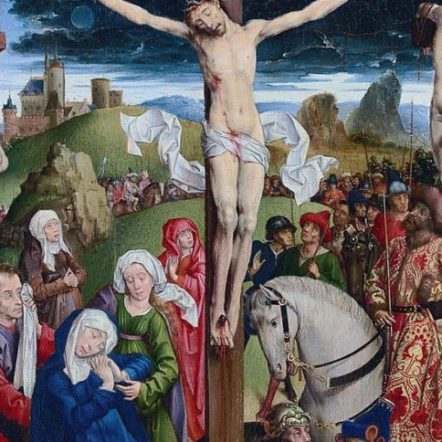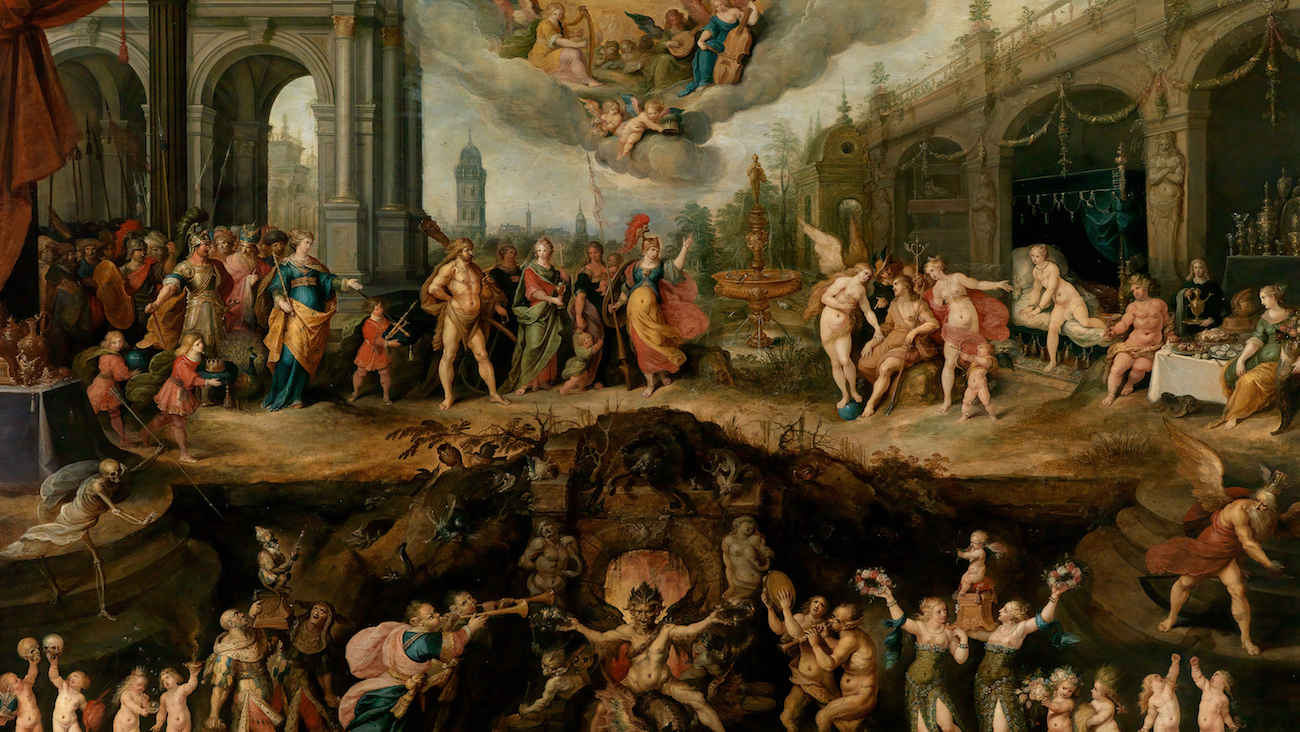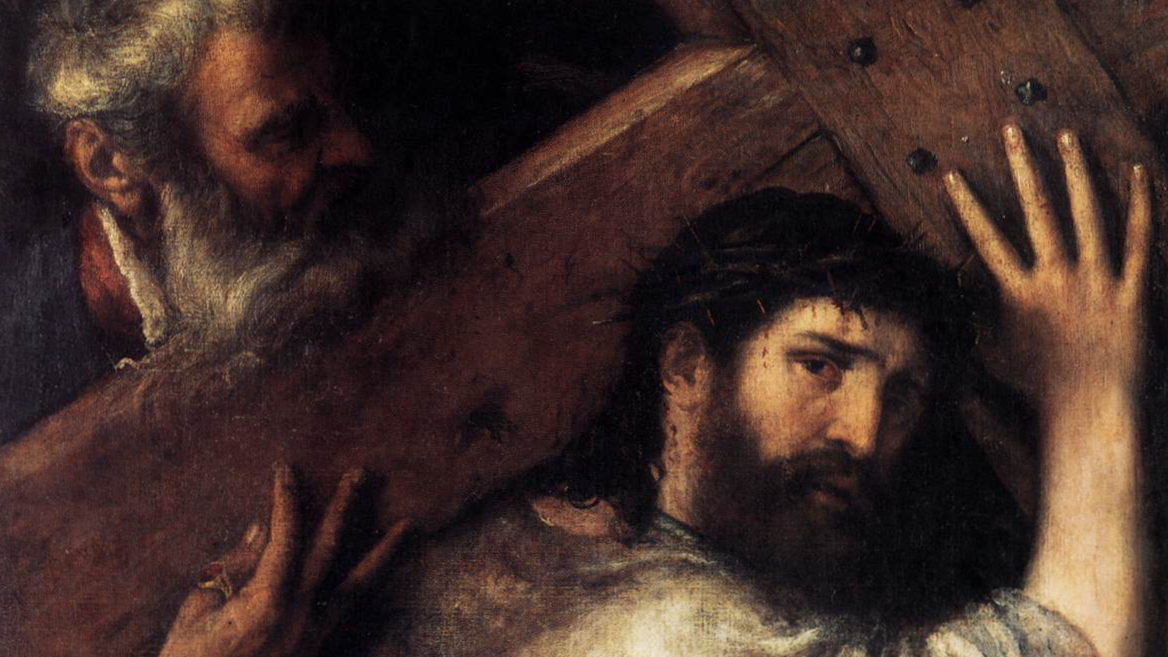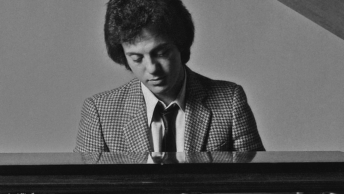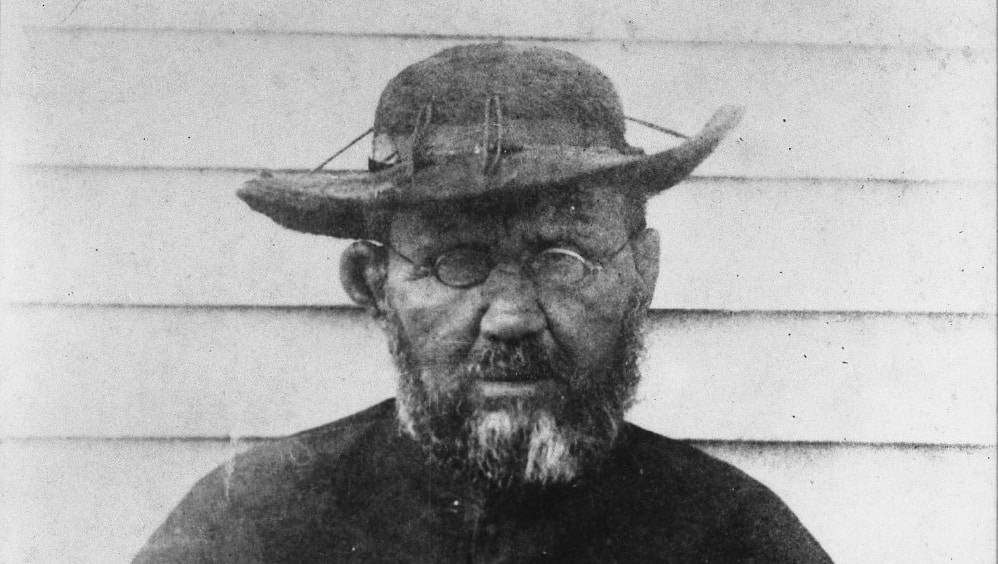The usual response to the question, who were the people at the foot of the Cross, is the blessed women and the Apostle John. The three Mary’s and Jesus’ favorite follower were not the only ones there. As Mark’s Gospel tells us, Then the soldiers nailed (Jesus) to the cross. They divided his clothes and threw lots to decide who would get each piece. Historians tell us that what they threw were knucklebones from animals.
I believe gambling in some form or another is rooted in our DNA. In this country, legalized gambling has been historically linked to Las Vegas and later Atlantic City. With the relaxation of morals around the world since World War II, it appears that virtually all our vices are being legalized, while many of America’s Bill of Rights are being severely limited, especially religion and speech. The expansion of the gaming industry and the sale of cannabis products have been just the latest to go national.
Some historians say that gambling dates back to before the beginning of human history. The earliest evidence were Chinese tiles, which were unearthed thousands of years ago. They appeared to be used in some sort of game of chance. The Chinese Book of Songs refers to the drawing of wood, which suggests that the tiles might have been part of a lottery game.
The Greek poet, Sophocles claimed that dice were invented by a mythological hero, during the siege of Troy. Many are skeptical of this claim but his writings around 5000 BC were the first mention of dice, though some historians believe they go back even further. There is also evidence in the form of keno slips in China, which were used in 200 BC. This could possibly be some sort of lottery, used for civic purposes, such as the Great Wall. (Some things never change.) Most scholars agree that the first playing cards appeared in China in the 9th century.
While the Romans loved to gamble on all sorts of races, athletic events and gladiator battles, in ancient Rome, all forms of gambling were outlawed. The enterprising gamblers invented chips and if caught could always say that they were playing for just chips and not valuables.
Gambling and all kinds of games of chance evolved all over the known world from the classical era. Baccarat, one of the earliest card games, first appeared in the 14th century in Italy and France. Blackjack debuted as ventiuna in Cervantes’ Don Quixote in 1601. The French played a similar game that could have been its forbear. The name did not originate until the 1930s in American gambling casinos. The very first casinos were found in Italy in the early 17th century. They started to spring up all over Europe and the United States in the 19th century. Roulette first appeared in the gaming houses of Paris in the 13th century. One of the most prestigious places to gamble is in Monaco’s Monte Carlo on the French Riviera.
Poker, the first card game I ever played, not counting Old Maid, grew organically over decades and probably evolved from different variations over the centuries. Its growth had been sluggish until the world poker tournaments began in Las Vegas in the 1970s. Millions watched experienced players compete for stakes in the hundreds of thousands of dollars.
Finally, slot machines, the famous One-Armed Bandits, whose name is well deserved, are ubiquitous. I have played them in Las Vegas, more for entertainment, than any actual hope of hitting a big winner. My last such experience was in an Indian establishment near Naples, Florida last year. After the initial thrill had worn off, the constant noise, the bubbling atmosphere and the dim lights really bored me.
Our guides were good friends of my wife, who love to gamble. From my observations, they knew what they were doing and employed some kind of strategy to beat the machines. We certainly were not in their league. Anna and I often join them and several other Italians for a friendly card game of Telophante. It is challenging and the stakes are only eight quarters.
For most of its existence, the US has tried to regulate the gaming industry. States often require commissions to oversee gaming. Most require age limits. The real problems with gambling are that organized crime has forced its way into most of the gambling in this country. Today, drugs, money-laundering, income tax evasion and even murder are sometimes found on the dark side of the gaming industry. There is just too much money for them to resist. One only needs to see the films Casino orThe Godfather to understand how important the gaming industry has become to the underworld.
This has happened so suddenly, it begs the question just why all this has come about. For over 150 years, virtually all professional and amateur sports had protected themselves from public betting. There have been so many scandals and violations that they are too many to list, though I would be remiss if I did not mention the notorious Black Sox scandal in 1919, where eight members of the Chicago White Sox had conspired to fix the most important of all sport’s annual pageants at that time, the World Series. The book, Eight Men Out by Eliot Asinof, published in 1963 and the 1988 film vividly depict this sordid story with brilliance and drama.
Baseball’s first commissioner, Judge Kenasaw Mountain Landis, threw the book at them. Though their confessions had been mysteriously lost and the case thrown out of court, the commissioner banished all eight players from the game for life. The more recent case of Pete Rose was not as serious, yet he is still waiting for a pardon. There have been a plethora of more recent cases in professional football where several players have been suspended for anywhere from six games to an entire season for placing bets.
To add to the confusion and distrust of sports, these historic positions have been swiftly abandoned while all the major sports have entered into a marriage of convenience with several major TV networks for billions of dollars that threaten to ruin the once nascent purity of these sports. Saudi Arabia’s bold investment of several million dollars into American professional sports, such as golf, soccer and quite possibly tennis, is an ominous omen that could ruin all these sports as the Almighty dollar seems to rule. Winning or losing a game is not the important thing in sports now. Only beating the point spread counts.
With this as prologue, the legalization of virtually all sports betting has created a toxic shock that can rattle the soul. It has created a Leviathan that can only end in disaster and tragedy. No longer do seasoned and even amateur bettors have to make secret phone calls to their bookies. Gambling has now gone on-line, prompting its gradual legalization in most American states. Sports books, as in bookie, can even be found in some of America’s largest stadiums.
Out-of-control gambling can have serious consequences, even for athletes. According to a new book, Gambler: Secrets from a Life at Risk, notorious gambler Billy Walters, who once was known as one of the most successful sports bettors in the business, said that he and well-known golfer, Phil Mickelson formed a betting partnership around 2008.
In an excerpt from the book, he relates that Mickelson, who was a member of the 39th Ryder Cup team, wanted him to place an outrageous bet of $400,000 on his team to win. (This is essentially what Rose had done in baseball but with much lower stakes.) Walters, who had served five years in jail for insider trading, told him it was foolish.
Apparently, Mickelson did not heed this sage advice because he walked off the course, shaking his head in disgust when the British team rallied to win the cup. Walters estimates that of the billion dollars Michelson has wagered over the years, he lost over a $100 million. He also reveals that in 2011, Mickelson made 3,154 bets, an average of nine a day. One day, he made 43 bets on major-league baseball, with a net loss of $143,500. One can easily deduce that Mickelson is a prime example of an ADDICT.
This begs the question: why do people gamble? I think there are a myriad of answers. According to many psychologists, women like games of chance while men prefer games of skill. I think this is true in most betting because men are like strutting peacocks who like to demonstrate just how smart they are. On the other hand, most women like the sociability of gambling. Games of chance are usually pure luck and all are really equal, so no feelings are hurt.
For men, someone has to win. I met a good example of this in Roswell, Georgia years ago. Playing pool without any stakes, this fellow told me in words reminiscent of Keanu Reeves’ outburst in the film The Devil’s Advocate, I win, I win! That’s what I do. I win. A divorce, the loss of his family, and bankruptcy showed that life is more important than winning at pool.
As for my own opinion on gambling, I have been able to avoid the sin of greed with a profound sense of consistency. I owe this to the childhood friend I portrayed in my previous essay,The Boy in the Uniform, who played a very important role in my life. He also taught me the pains and sufferings of gambling.
Doug, who was a year older, lived two houses down. One weekend he came over to my home and we flipped baseball cards on our sun porch. I had a very bad day. The following day was even worse. I had lost well over 100 baseball cards in a variety of flipping modes. Most had been doubles, the extra cards one often traded with other collectors. This was the first and last time I had lost some singles, which is the equivalent of rent money to an 11-year-old. I have never gotten over the deep, dark feeling of losing so many cards. It was like losing a part of me.
Since then, I have made small, innocuous bets, just for fun. I had played Fantasy Football for 20 years, which did include a cash prize but it was the thrill of winning the championship that excited me. I won the very first year and nothing but a couple losses in the final game since then.
One year, my wife and I went to Las Vegas, where we only played the slots for entertainment. I think I won $15 and she lost the same. I did get Slots Elbow since this was before pushing a button replaced the large lever. Half the fun was pulling the One-Armed Bandit. On a family cruise, I tried my first and only attempt at Roulette, which is the hardest game to win. I lost $100 in about 15 minutes.
Later on that same cruise, my older son bought a race horse poolside. I bought a 25% interest in his wooden horse. A cruise member rolled a single die. It was fun watching the horses move a number of squares to a finish line, maybe 10 squares away. There was no betting, but I think these races all led to the Big Race on their entertainment stage, the last night of the cruise.
I think there were over 20 of us from my family on this trip. They were all there and some of the younger kids moved our family horse. When we finished ahead of the pack, it was so exhilarating, a small taste of Churchill Downs. My share was about $250, which wiped out my wheel deficit and then some. The lesson I learned this is that a focus on the prize often spoils a deeper experience.
In the 19th century, many Protestant churches protested the existence of gambling, which they associated with alcohol use. Their efforts led to the ill-fated 18th Amendment and to the prohibition of alcohol. This had an adverse effect on American society in that it generated a decade of illegal importation of whiskey and local production of bathtub gin that was a bonanza for organized crime. The Catholic Church has the right idea. By contrast, it has not called for the elimination of gambling. After all, Bingo Night is often a good supplement for parish income.
The Church has established a rational guide that surrounds gambling, which is morally neutral and certainly not, intrinsically evil. The Church teaches that one may only engage in these activities with a strict adherence to virtue, especially temperance and moderation. These are a moral version of good old common sense. (I wonder if this includes bubble gum cards.)
One must never bet the rent or food money, nor sacrifice the education of their children to win the big score. Contrary to the philosophy of Gordon Gecko, the fictional financial guru, in the film Wall Street, Greed is not good. It is a sinful weakness that can do more damage to the family and one’s soul than just losing to an inside straight or the trifecta.
All of this has transpired because the Just do it! or The anything goes! club has captured the public’s moral imagination. Divorce is rampant while many young people reject marriage in favor of cohabitation. Marijuana use has been basically legalized. Abortion, despite the Supreme Court’s Dobbs decision, is still legal in many states. Cross-dressing, gender-affirming surgeries, which have sterilized thousands of children and homosexuality are now morally correct.
Our legal system has been corrupted to the point that vicious criminals are often given a slap on the wrist and put back on the streets to wreak mayhem on the innocent. All this is because the public has chosen the secular world, the flesh and the devil as their main raison d’etre. Even Jesus’ crucifixion was sullied by gambling. Gambling has now become a big part of the country’s path to destruction. St. Paul’s letter to the Romans emphasized that we have conformed ourselves to this age when we should have been transformed by the renewing of our mind. Will America ever get the message? I wouldn’t bet on it.

